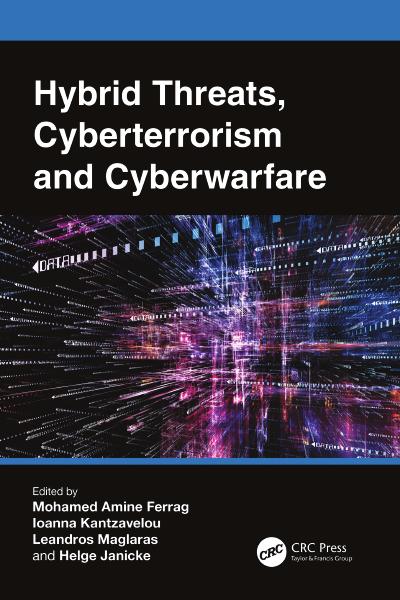English | 2023 | ISBN: 978-1032323763 | 182 Pages | PDF | 10 MB
Nowadays, in Cyberspace there is a burst of information that everyone has access. However, apart from the advantages the Internet offers, it also hides numerous dangers for both people and nations. Cyberspace has a dark side, including terrorism, bullying, and other types of violence. Cyberwarfare is a kind of virtual war that causes the same destruction that a physical war would also do.
A hybrid threat is an umbrella term, encompassing a wide variety of existing adverse circumstances and actions, such as terrorism, migration, piracy, corruption, ethnic conflict etc and is not exclusively a tool of asymmetric or non-state actors, but can be applied by state and non-state actors alike. ‘Cyber-conflict’ and ‘cyber-war’ serve as examples of the use of new technologies within the scope of hybrid threats. Cyber-war basically refers to a sustained computer-based cyber-attack by a state against the IT infrastructure of a target state. On the other hand cyber-security is a major factor that shapes productivity and efficiency of the modern industry in both technical and economic terms.
The book discusses and analyses current posture of cyberterrorism, cyberwarfare, and hybrid threats, sector specific cyber-attacks that have the form of cyberterrorism and presents the recent actions that EU, USA and other Nations have taken in order to strengthen their systems against such attacks. There has never been a higher risk of a major catastrophe as a result of the rise in offensive cyber activity, particularly the possibility of cyber-physical strikes against critical services. Recent cyber-attacks against critical infrastructures along with the continuous migration crisis have been the main driving forces that led to the decision to publish this book.
HomepageResolve the captcha to access the links!
